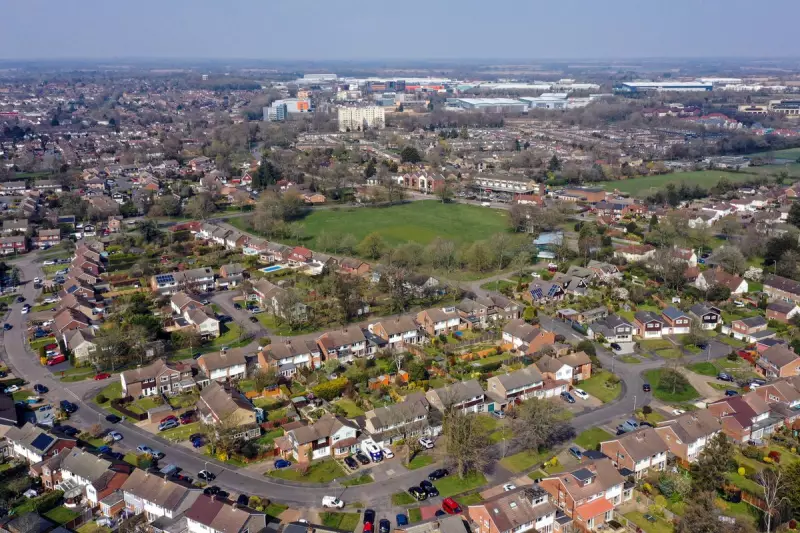
Britain's largest housing developers are systematically avoiding billions of pounds in payments meant for essential community infrastructure, according to explosive new research that exposes gaping loopholes in the planning system.
The Great Infrastructure Swindle
An investigation by the University of Cambridge has uncovered how property giants are legally sidestepping contributions that should fund schools, transport links, healthcare facilities and affordable housing. The research reveals that between 2018 and 2023, developers potentially avoided a staggering £3.8 billion through strategic exploitation of planning regulations.
How the System Is Being Gamed
The study identifies two primary methods developers use to reduce their financial obligations:
- Section 106 agreements: Negotiating down contributions by claiming projects would otherwise be "unviable"
- Community Infrastructure Levy (CIL): Exploiting exemptions and relief schemes to minimise payments
Dr. James Cocks, who led the research, states: "We're seeing a systematic erosion of community benefits that should accompany new housing development. The very mechanisms designed to ensure development pays for itself are being undermined."
The Human Cost
The financial shortfall has real-world consequences for communities across the UK:
- Underfunded schools struggling with increased pupil numbers
- Inadequate transport infrastructure for new housing estates
- Reduced affordable housing provision despite record developer profits
- Overstretched GP surgeries and healthcare facilities
Campaign groups argue that while developers report healthy profit margins, local communities are left bearing the cost of infrastructure deficits.
Industry Response and Political Pressure
The Home Builders Federation defends the current system, arguing that developers already contribute significantly through other taxes and that the planning system ensures appropriate infrastructure delivery.
However, cross-party pressure is mounting for reform. MPs from all sides are calling for greater transparency in viability assessments and tighter regulations to prevent what many are calling "legalised avoidance" of community obligations.
As Britain's housing crisis continues, the battle between developer profits and community needs appears set to intensify, with millions of pounds - and the quality of local infrastructure - hanging in the balance.





